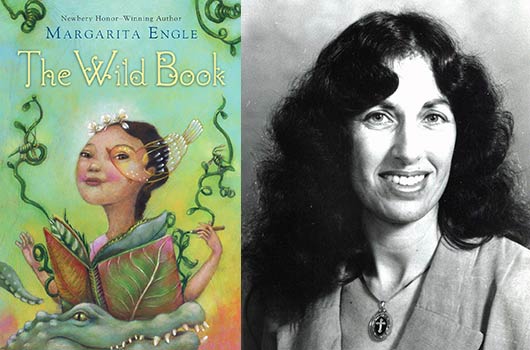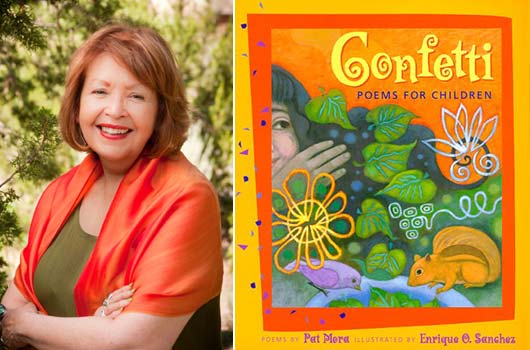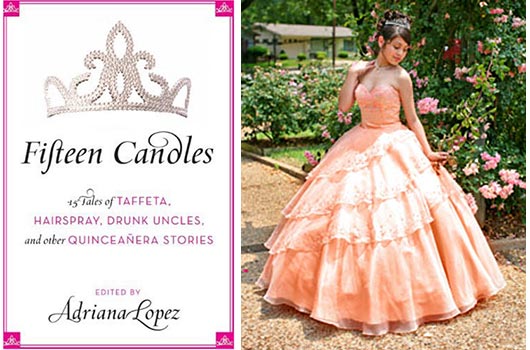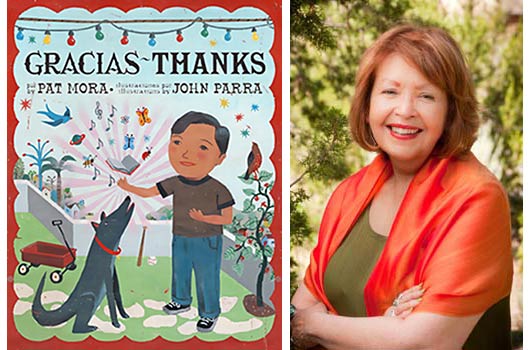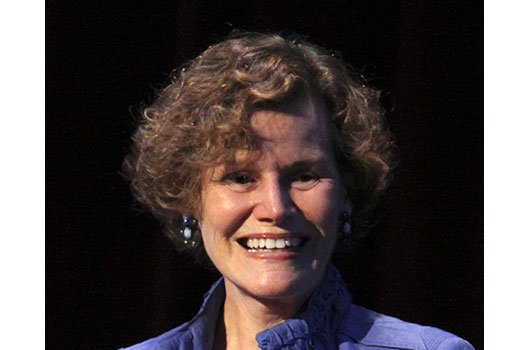
From first periods to first kisses, from divorce to masturbation, from bullying to teen sex, the iconic young adult books of Judy Blume covered so many painful adolescent issues and yet made us laugh at the same time. Her characters were awkward, hilarious, relatable and gritty—and their stories gave us unique points of view with which to wrangle the jungles of puberty with perhaps a little more grace.
In a 2013 Vanity Fair profile of Blume, writer Andrea Cuttler observed that Judy Blume was writing Y.A. books before they were even called Y.A. books. She was “queen of the coming-of-age story…and Are You There God? It’s Me, Margaret (1970) solidified her status in literary history.”
Read Related: A Tween Guide to Puberty
Ultimately, Judy Blume taught us a lot about life as a tween or teen, plus revealed some things we never knew before but would have been too embarrassed to ask of anyone. Here are 10 things we learned from Judy Blume, but we bet you can think of even more.
1. That before adhesive sanitary napkins, there were “belted” sanitary ones. Though Blume changed this in recent editions of Are You There God? It’s Me Margaret, in the original, poor Margaret has to deal with a then-standard belted contraption to which a sanitary pad was attached. As if we weren’t dreading getting our periods already…
2. Some girls want to grow up fast. Nancy, the best friend in Are Your There God? It’s Me Margaret, lies and says she’s started her periods when she really hadn’t. Why? Because just as she boasts about her developing breast, she wants to seem more grown up.
3. That even the pretty girls have body issues. Such was the case of Deenie, a young teen whose mother was pushing her to be a model. When she is diagnosed with scoliosis and winds up in a back brace, she learns there is more to life than being pretty.
4. That your first sexual experience does not equal true and lasting love. In the racier teen novel Forever, Katherine loses her virginity to her sweetheart and first love, Michael, only to quickly explore her newfound sexuality with Theo, the tennis player.
5. That even at his most annoying, you still love your little brother. Peter Hatcher, the male protagonist of Superfudge has the most annoying, misbehaving, embarrassing little brother in the world. But when his little brother, Fudge, may be in danger, Peter realizes how much he cares for him.
6. That putting on a brave face doesn’t always cut it. After all of Sheila Tubman’s many phobias are revealed in Otherwise Known as the Sheila the Great, she’s forced to face her fears. She learns how to be more her true self instead of putting up a fearless front, and learns to enjoy life a lot more in the process.
7. That it’s really not cool to be a bully. When Jill and her friends torment an overweight classmate, she soon finds that the tables are turned, and she’s the one being bullied. She learns lessons in kindness and true friendship along the way.
8. That you’re just fine the way you are. Second-grader Andrew is convinced he needs freckles in order to stand out like his friend Nicky but alas, Andrew was born freckle-less. His humorous attempts to fake freckles make him the laughing stock of his class, until he learns he looks fine just as he is.
9. That bad things can happen to good people. Teenager Davey, the female protagonist in Tiger Eyes, is reeling from the murder of her father while trying to pretend that she’s okay. Encouraged to talk to a therapist, Davey finally comes to terms with losing her father and realizes that change is always a part of life, whether we like it or not.
10. That wet dreams are normal. Poor Tony Miglione of Then Again, Maybe I Won’t. His social-climbing parents have moved him to a new town, where he befriends the wrong kid and struggles with an unrequited crush. And in the meantime, he hits puberty!




